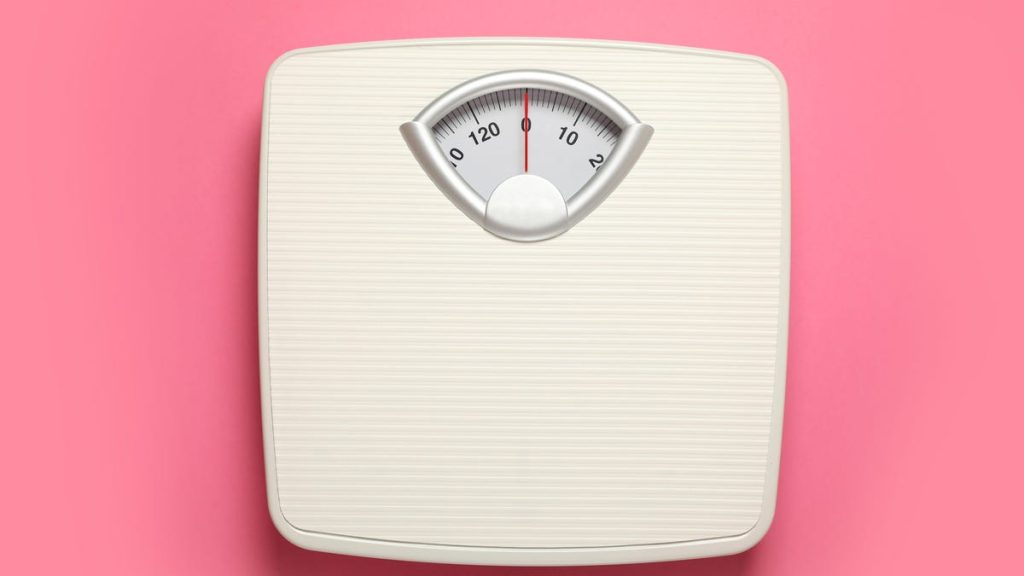Tracking your weight can be useful for a variety of reasons, whether it’s to monitor progress towards weight loss goals or to stay motivated for workouts. However, it’s essential to have a reliable scale and use it effectively to ensure consistent and accurate measurements. The number on the scale is not the only indicator of your overall health, but it can provide valuable insight when used in moderation. Weighing yourself at the right time of day can also impact the accuracy of the results, with experts recommending doing it first thing in the morning before eating or drinking anything.
For the most accurate reading, weigh yourself after using the restroom and before consuming food or water. By doing so in the morning, you allow your body to digest the previous day’s intake, resulting in a relatively empty stomach. Additionally, following certain tips can further improve the accuracy of your measurements, such as weighing yourself at the same time of day once a week, keeping the scale on a solid, flat surface, standing barefoot with even weight distribution, and wearing minimal clothing each time. Consistency is key to obtaining reliable results when tracking weight loss or gain.
It’s important to note that if weighing yourself becomes a source of negative emotions or triggers unhealthy habits, it may be time to reconsider your relationship with the scale. Signs that it’s time to break up with your scale include negative thoughts, unsafe behaviors, regular anxiety or sadness after weighing, or any association with an eating disorder. Taking care of your mental and emotional well-being is just as crucial as monitoring physical health metrics. Remember that your weight is not the sole indicator of your overall health, and there are other important factors to consider as well.
Incorporating more fruits and vegetables into your diet, eating an adequate amount of carbohydrates, and focusing on overall lifestyle habits can contribute to a holistic approach to health and well-being. By focusing on a balanced diet, regular exercise, and positive lifestyle choices, you can support your overall health and well-being without fixating solely on the number on the scale. Remember that progress towards better health is a journey that involves multiple factors, and listening to your body’s needs and cues is essential in achieving long-term wellness.
Understanding that weight is just one aspect of your health and well-being can help you maintain a healthy perspective on tracking progress. By utilizing the scale as a tool for insight rather than a source of stress, you can better manage your overall health goals and maintain a positive relationship with your body. Pay attention to how you feel, both physically and emotionally, and prioritize holistic self-care practices that support your well-being on multiple levels. By focusing on overall health metrics and self-care, you can achieve a balanced approach to wellness that goes beyond just the number on the scale.












